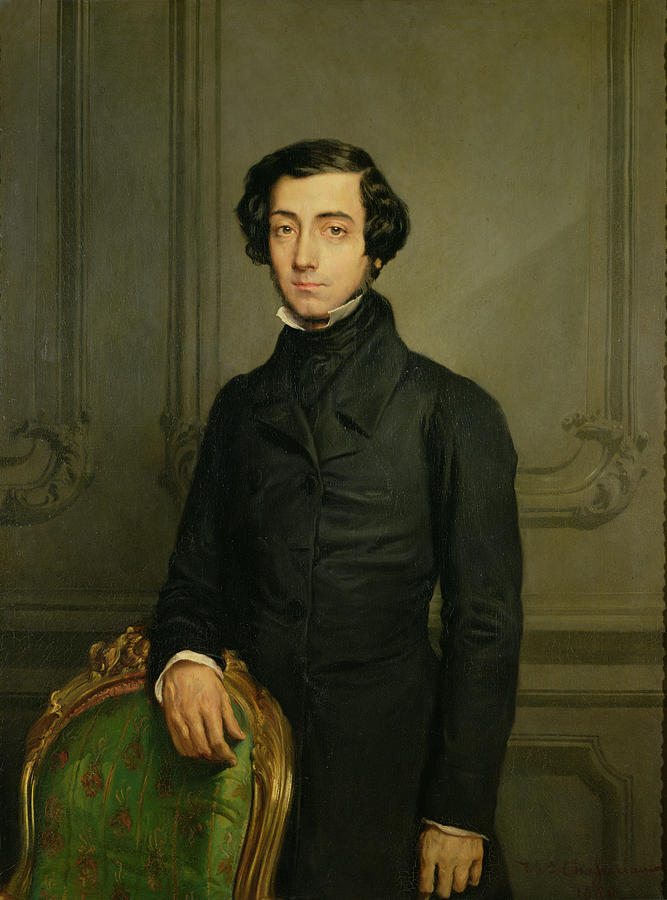I'm curious about international criticism of American democracy during our Civil War.
Google is not forthcoming, probably because I don't know what key words would narrow that down. I only get contemporary topics no matter what search terms I use, and I specifically want to understand how other countries viewed the US during that time in our history, what they thought about the ideals of democracy in the context of the Grand Experiment, did they think democracy was a failure or the US as a failure in general? Stuff like that.
Does anyone have links that might help me? Even the extensive Wikipedia topic offers nothing about this specifically.
Google is not forthcoming, probably because I don't know what key words would narrow that down. I only get contemporary topics no matter what search terms I use, and I specifically want to understand how other countries viewed the US during that time in our history, what they thought about the ideals of democracy in the context of the Grand Experiment, did they think democracy was a failure or the US as a failure in general? Stuff like that.
Does anyone have links that might help me? Even the extensive Wikipedia topic offers nothing about this specifically.

